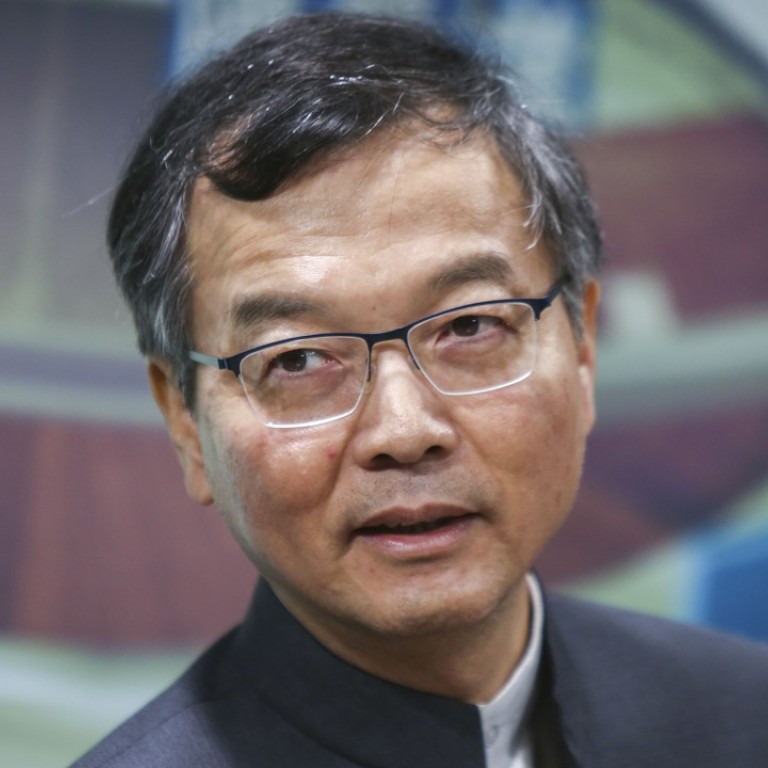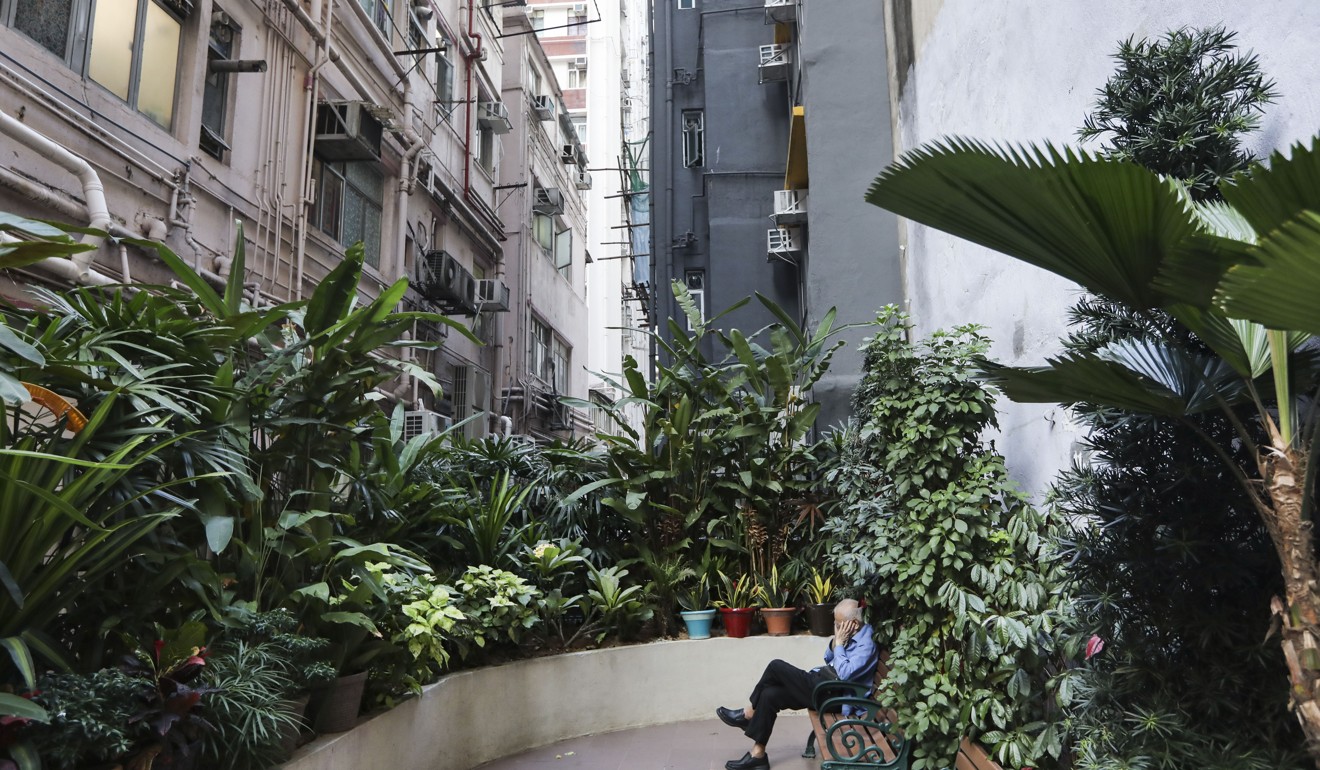
Dementia training planned for Hong Kong’s property managers and security guards in Elderly Commission initiative
As number of those afflicted with disorder is projected to balloon in the city, officials believe frontline staff from different sectors should be made aware
Property managers and security guards in Hong Kong will get trained in handling dementia as part of a high-level government campaign to tackle the citywide problem.
Revealing the plan to the Post, Elderly Commission chairman Dr Lam Ching-choi said he hoped the efforts would better equip frontline service staff who often encounter senior citizens, as he described past programmes provided by NGOs as “piecemeal”.
“There is a dementia tsunami within the silver tsunami we are facing,” he added.
“We may not be able to handle the volume if we continue to adopt the traditional approach of offering services to people with dementia in community centres while sending those who are in serious condition to care homes.”

Lam also noted elderly people who were identified as suffering from dementia might suffer from a “medical stigma”.
Some 134,000 people are estimated to have dementia in Hong Kong, a number expected to balloon amid an ageing population crisis. At least a third of those aged 85 or above is expected to show symptoms of the disorder, according to official projections.
Why tackling Hong Kong’s silver tsunami goes beyond policy
ParknShop and Wellcome – two major local supermarket chains – both declined to comment on how many of their frontline staff had received dementia awareness training.
Lam said he hoped the initiative, slated to be rolled out by the end of the year, would have an impact by having officials take the lead in ensuring training for the frontline staff of different sectors.

While those in property management would be the first batch to be trained, the multiyear programme would then expand to other sectors whose personnel had day-to-day encounters with senior citizens, such as cashiers, bank tellers and public transport drivers.
The dementia crisis would not be sufficiently addressed merely by pumping money into the medical and social sectors, Lam added. He believed it required the awareness of the general public and of people from all walks of life.
“Sometimes society’s awareness of the issue might be raised after a senior citizen with dementia goes missing, but it’s rather short-lived,” he said.
Hong Kong faces challenge in how to manage its ageing population
“I really hope the upcoming campaign will have a profound impact so that people will not be surprised in their daily life if they encounter senior citizens with dementia.”
Lam hoped people would “know how to react” if encountering those who failed to go where they wanted to go or did not do what they planned to do.
It is something achievable
The training programme is currently being discussed among the Elderly Commission, Labour and Welfare Bureau, and Social Welfare Department. If it is not launched by December, then the next target would be to introduce it during the next financial year, Lam said.
“We would be more confident in doing so if there was adequate training across society,” he added. “It is something achievable.”

